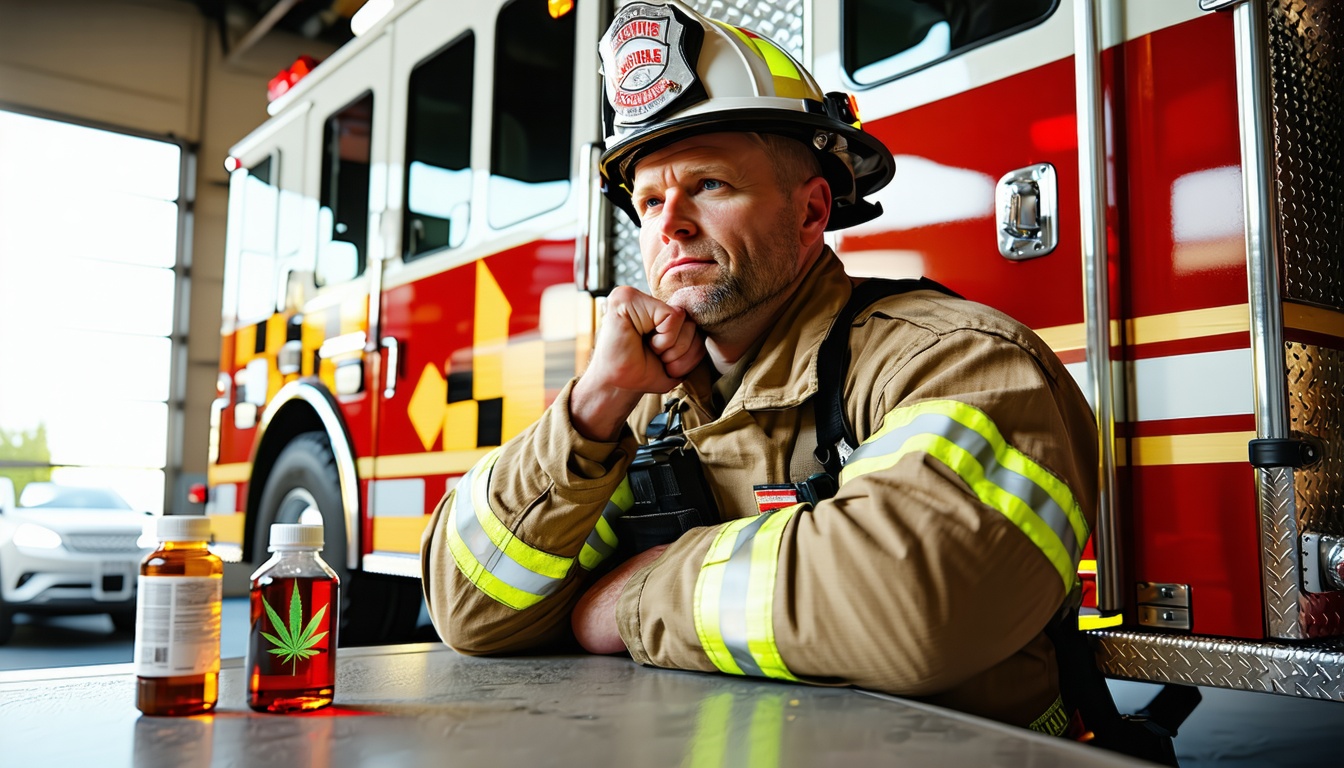Pennsylvania’s Medical Marijuana Program Sees Significant Expansion After Anxiety is Added as a Qualifying Condition
A new study has found that anxiety has become the most common condition treated with medical marijuana in Pennsylvania, following the addition of anxiety disorders as a qualifying condition in 2019. The study, published in the Annals of Internal Medicine, analyzed data from over 1.7 million medical cannabis certifications from November 2017 to December 2023.
According to the study, over 1.6 million patients were certified for medical marijuana to treat anxiety disorders, making it the number one health condition treated with medical marijuana in the state. In contrast, 91,759 patients were certified for chronic pain, 21,671 for post-traumatic stress disorder (PTSD), and 28,991 for other conditions.
The study’s authors speculate that the increased anxiety-related recommendations may be linked to stress during the coronavirus pandemic. The study also found that the addition of anxiety as a qualifying condition led to an overall increase in certifications, with anxiety disorders rapidly becoming the most common qualifying condition, comprising 60.26% of certifications since it was added.
The study’s findings are limited to Pennsylvania, as it is the only state that has released certification-level data on medical cannabis qualifying conditions. However, the results may not generalize to other states.
The expansion of Pennsylvania’s medical marijuana program comes as lawmakers continue to debate the legalization of adult-use marijuana in the state. In May, bipartisan senators introduced a bill to create a new regulatory body to oversee medical cannabis and prepare for the eventual legalization of adult-use marijuana.
While the bill does not legalize adult-use marijuana, it would establish a regulatory infrastructure that could be used to oversee such a program. The bill’s sponsors argue that Pennsylvania should first establish a Cannabis Control Board to ensure the state is “ready to act when legalization becomes law.”
Meanwhile, Democratic lawmakers are pushing for the legalization of adult-use marijuana, citing the potential benefits of generating revenue and mitigating public health and safety concerns associated with the illicit market. A recent poll found that a majority of adults in Pennsylvania support the legalization of adult-use marijuana.
However, the path to legalization is not without its challenges. Republican lawmakers have expressed concerns about the potential impact of legalization on public health and safety, and the state’s Democratic governor has not yet endorsed a specific legalization model.
Despite these challenges, the expansion of Pennsylvania’s medical marijuana program is a significant step forward for patients seeking relief from anxiety and other conditions. As lawmakers continue to debate the legalization of adult-use marijuana,












